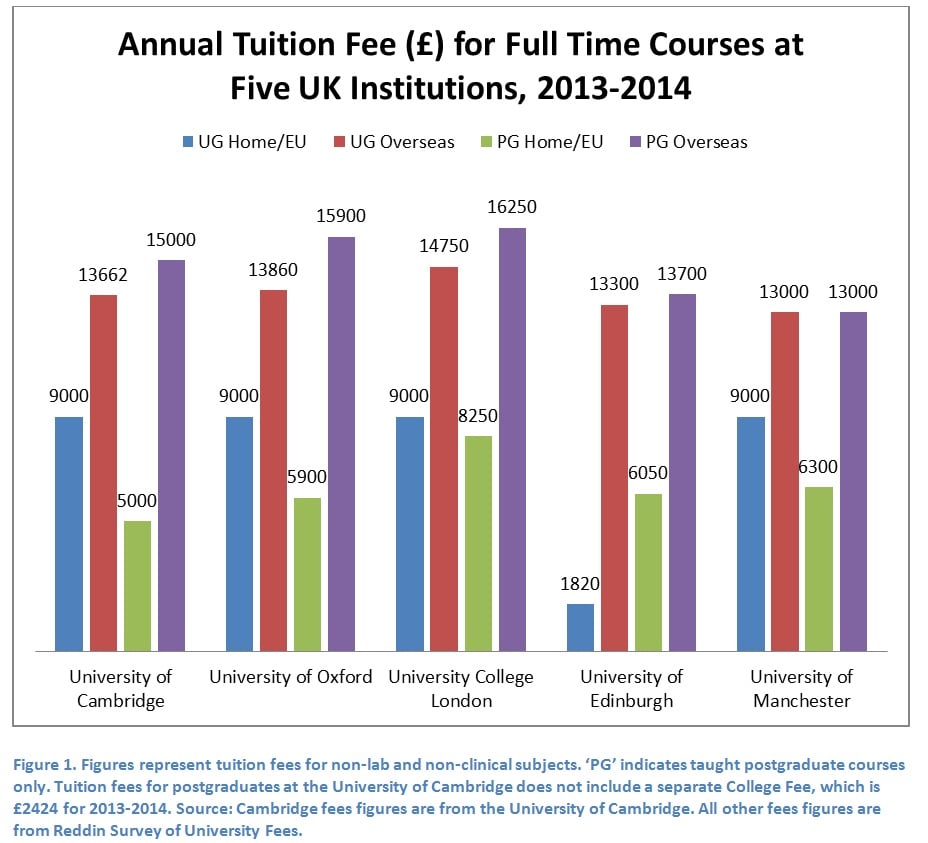
With A-Level and GCSE results released recently, the question of whether to go to University will be uppermost in many students' minds. Ben Brookes has just achieved full professional qualification as an accountant. Unlike Jasmine Brook in a previous blog post, he went to University first before embarking on his career. He discusses the path he took and how it helped him get to where he is today.
I had always enjoyed subjects involving numbers during my time at school life and was keen to combine this with a career in business. Accountancy seemed like the obvious choice!
I studied for a degree in accountancy and finance at the University of Southampton. I could see the career prospects this offered and it helped to give me an overview of the global accountancy profession. University can have a reputation for its social side however, I think this is an important part of the experience. You meet new people, make new friends and learn to work with fellow undergraduates on your degree. Those are actually vital skills for the modern workplace. Studying my degree also helped me to prepare for the self motivated study required to undertake the professional accountancy exams.
I think the best thing I did when deciding on my career path post university was to take my time and give it plenty of thought. I was quite lucky in the fact that I left university and returned to my pre university weekend job on a full time basis. This allowed me to consider all of my options and decide if a further 3 years of exams and a career as an accountant was what I really wanted to do.
Even though I had my degree behind me I still found the first few months of full time employment a challenge. For a start working from 8.30 until 5, in a suit and tie was not something I was used to. University courses tended to be jotted across the week and not regular occurences every day. But once the first few weeks were over I soon settled in and started to enjoy it.

As part of my degree I undertook a large amount of projects that involved working as part of a team to achieve objectives within a time frame. The ability to recognise that being part of an effective team doesn’t always involve being the loudest has really helped, and the nature of accountancy and general business means that everything has a deadline so having some experience of working to time limits helped.
If I was finishing my A-Levels today I would have definitely have given further thought to the vast cost involved in studying a degree at University. However, personally I wasn’t ready to ‘begin my career’ when I left school so I think I would still have ended up going.
I was in one of the final intakes before the tuition fees increased so my student debt although substantial isn’t anywhere as near as bad as it would be for some of today's graduates. The only real impact of my student loan is the additional 9% ‘tax’ deducted from my pay each month but I think the short term (mine should be repaid by 2024) sacrifice is well worth the long term career prospects a degree brings. I would advise people thinking of going to study at University to make sure their degree will help them develop a career. Don't just go because all of your friends are or because you don't know what to do so you might as well continue with study. Give it some thought and start developing a picture of what you are good at and what you want to do in your life. Then do some research on how a degree will help you achieve it.

Put the time in prior to sitting your exams. The ACCA qualification is about more than just passing your exams. To really benefit the most you have to ensure you understand and are able to apply the theory you are learning on a daily basis. Make sure you never loose site of the end goal, although the exams and the Practical Experience Requirement (PER) section can seem endless, you will get there.
The biggest sacrifice is personal time. The ACCA qualification is a very time consuming one. During exams you will be either at work or studying, so it can impact on your social life. But it really is worth it when you finally qualify.
Having spent three years in practice I have really enjoyed working on a range of clients in different sectors so I would like to stay in practice. I do have ambitions to be my own boss one day so I am definitely looking to become a partner in the future.
The main thing that made me choose Wellers was the fact I did not have to specialise in a single area of accountancy, and I think it is the varied nature I enjoy the most about the job.
Undertaking client work during the working week has allowed me to put the theory into practice and really helped to reinforce my studies. I also had access to a mountain of experience at Wellers and the staff were always happy to explain things to me if I was struggling to understand it from a purely theoretical approach.
Even during my short career at Wellers I have noticed the demands of clients begin to change. I started by career in accountancy at the height of the recession and have seen many clients looking at all their costs and question the value they receive for what they have paid. The accountancy profession is no exception. Clients by and large want business advice and not just a set of accounts at the year end. With online accounting, cloud computing and further software developments, I see this trend continuing and accountants becoming business advisors, not just number crunchers as they have traditionally been viewed.
I think they clearly haven’t seen a group of accountants on a night out! On a serious note though many people have a pre-set opinion of accountants as bean counters but the modern accountant acts in more of a business advisory role that is central to any modern organisation.
Click below for office location details
leave a comment -